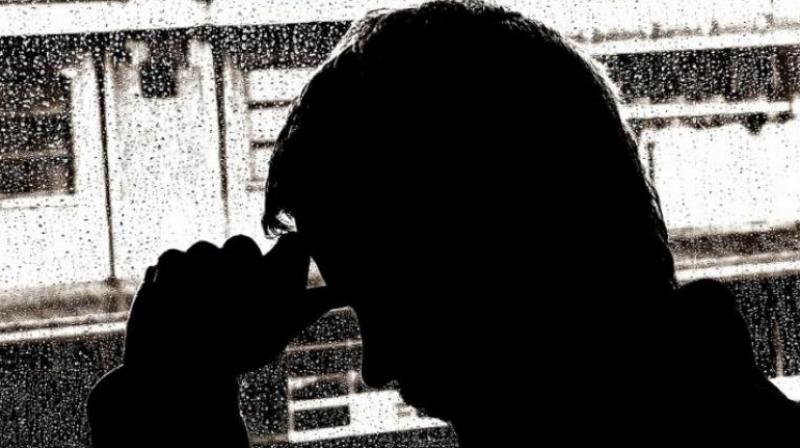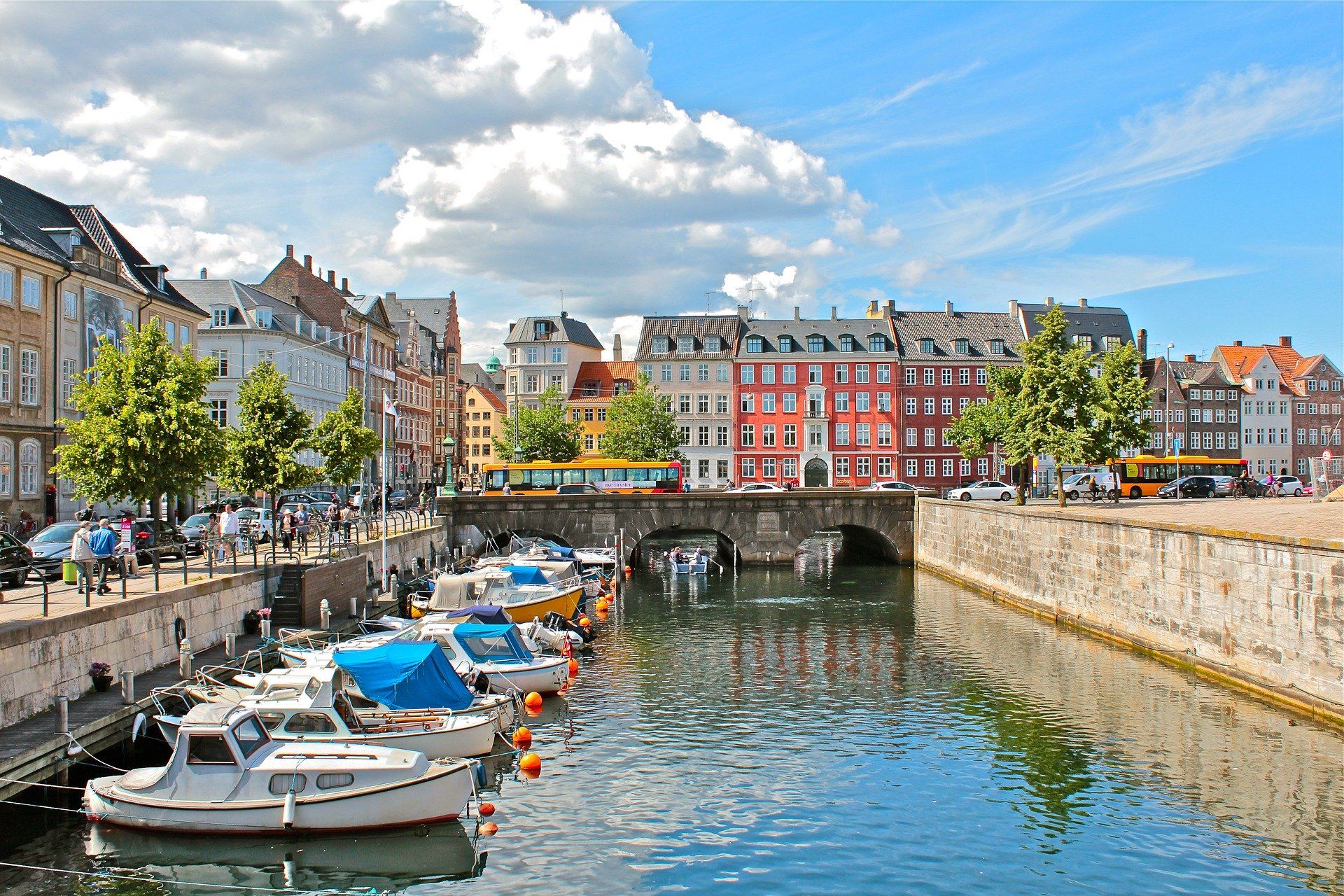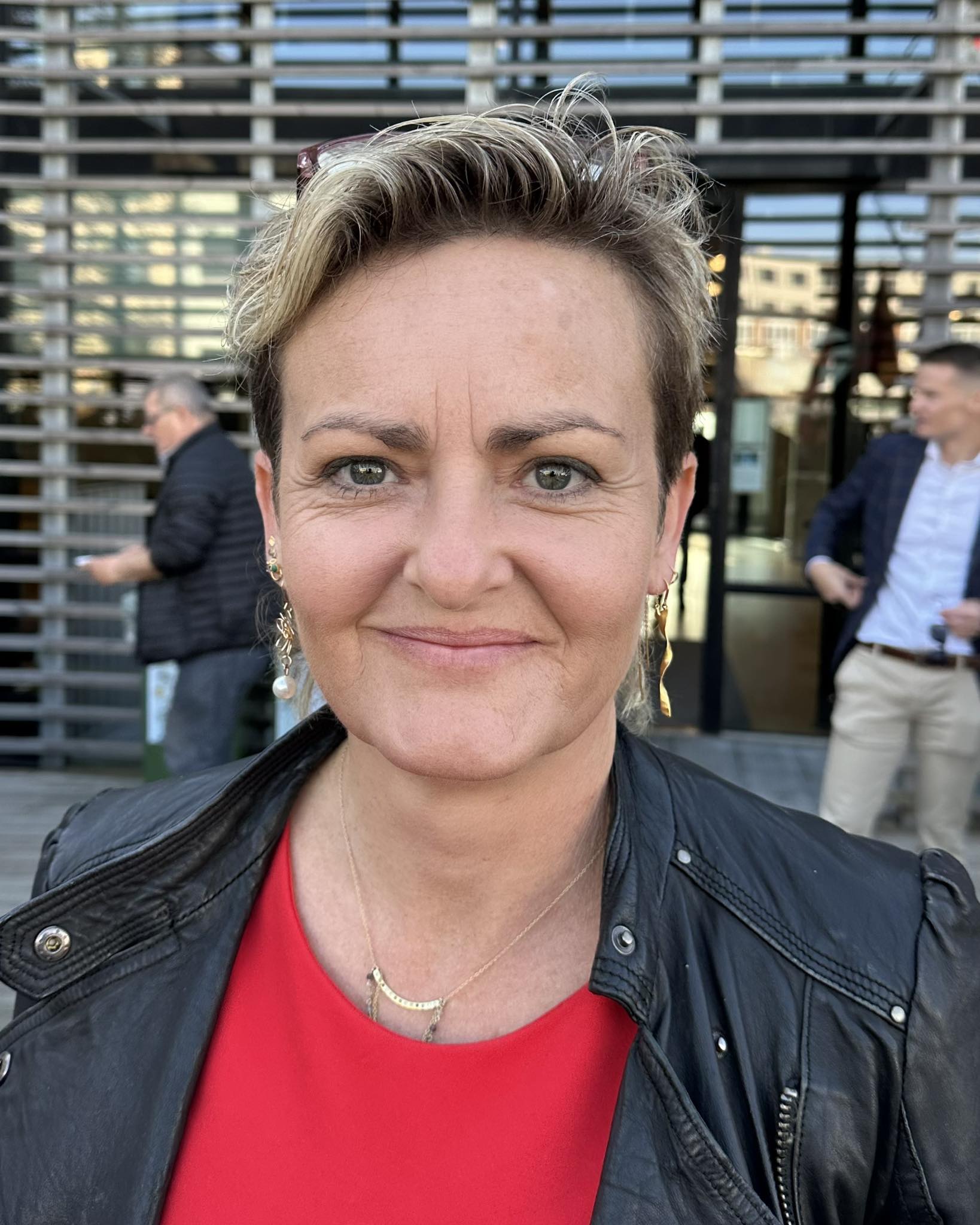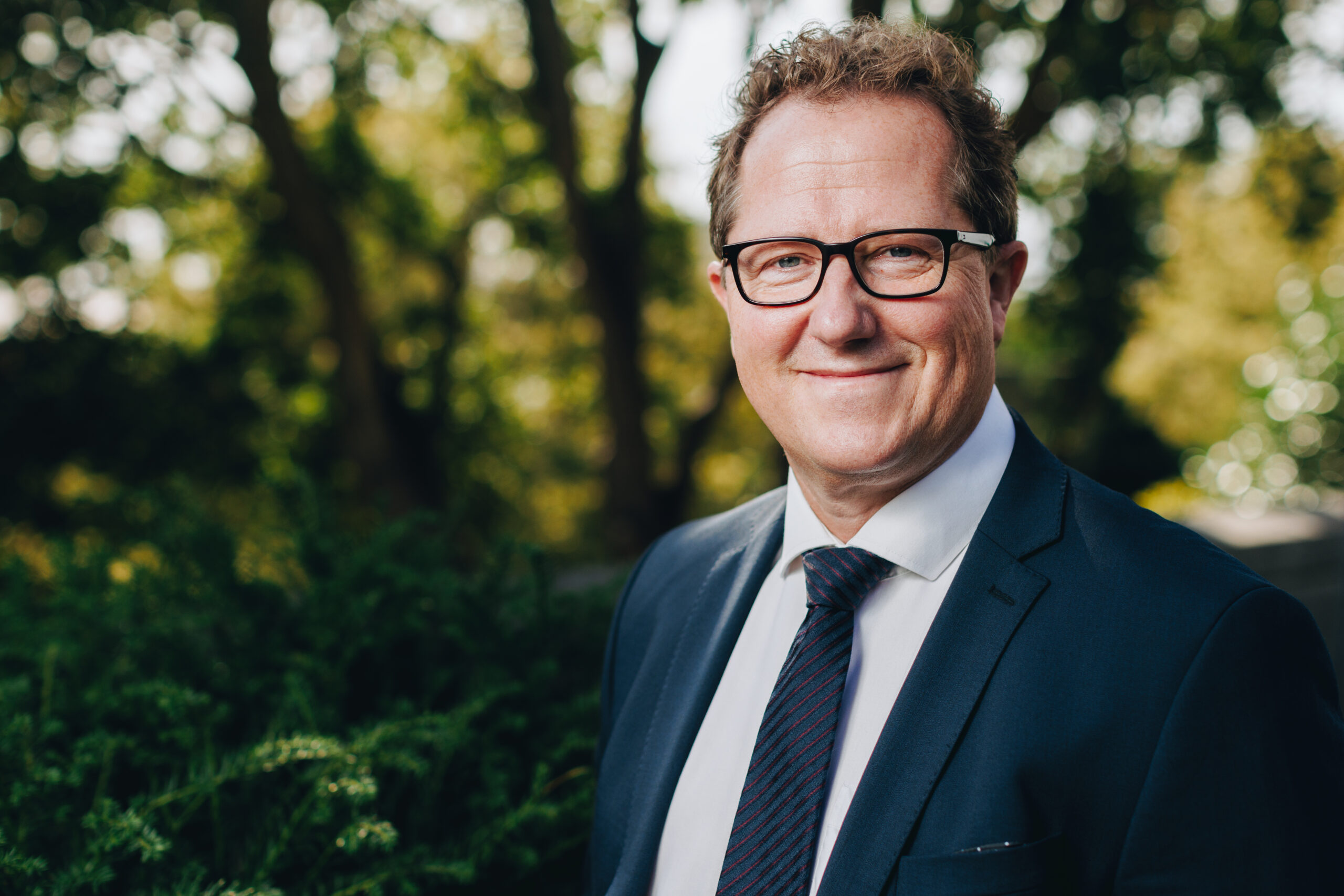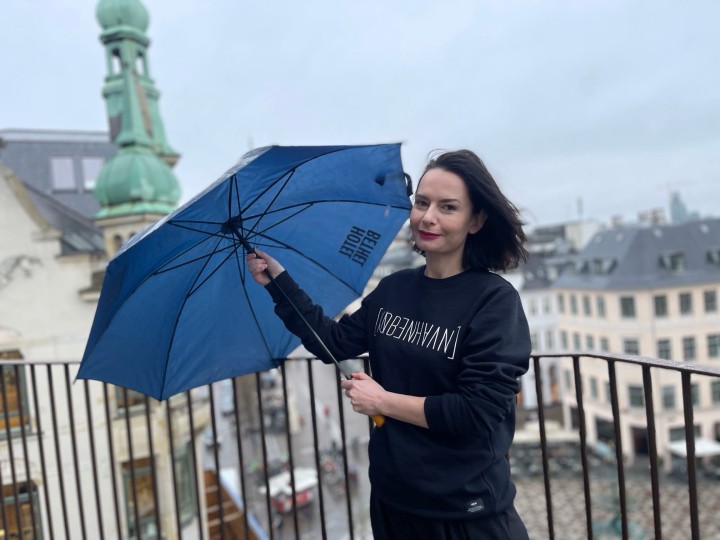Paedophilia has long been vilified in society as a domain frequented by the lowest of the low. Those suffering from the affliction are often put in the same category as those who have committed horrific murder.
The stigma towards paedophilia has intensified over the past few decades with several cases such as the widespread abuse in the Catholic Church gaining heavy media coverage.
But is the real problem, a series of DR articles and programs asks this week, our society’s attitude towards the disorder? Instead of rejecting these individuals, should we be pushing for them to get help?
Pushing away those who need help
In a new radio documentary by DR P1, ‘Hjælp mig, jeg er pædofil’ (Help me, I’m a paedophile), experts on the subject have said most people classified as paedophiles do not act on their urges nor do they want to.
But the fear of being judged or registered as a paedophile puts many off from seeking help for their condition.
“When a phenomenon is hit with a taboo, you risk achieving the opposite of what you want,” Karen Munk, a lecturer and psychologist, told DR.
“Too many paedophiles don’t dare to come out and get help for their problem.”
Munk has studied paedophilia for over 20 years and thinks that people should have a different attitude towards paedophilia. Instead of condemning these people, she believes, their problems should be acknowledged and proper help should be provided.
Normal, everyday people
The DR P1 documentary spoke with two men who identified themselves as paedophiles.
One of those interviewed was referred to as Oliver (real name withheld) and was described as a typical teenager. But behind the every-day normality of his life, he withheld secrets with regard to his sexual preferences.
He said he had known for some time that his preferences differed from those of his peers.
Oliver went on to describe his anguish at being misunderstood by society: “I feel depressed. I just want to scream it at them. Why can’t you see it? Why haven’t you realised how tough I have it?”
Jacob (real name withheld), the other paedophile interviewed, considers himself a ‘virtuous paedophile’. What he means is that people can have sexual thoughts about children without acting on them.
Although he says it is not hard to avoid acting on his urges, he thinks the real challenge is being happy with himself.
“Feeling like a worthy human being: that’s the part that’s difficult for me,” he said.
Paedophiles seek refuge online
With many paedophiles unwilling to seek help publicly, the internet has emerged as a place for people suffering from the disorder to discuss their issues.
An investigation by DR found that over 200 Danes are members of an online forum on the dark web where they can discuss paedophilia. The forum has over 18,000 members who discuss their sexual preferences and sometimes even personal experiences.
The forum calls itself a completely legal debate and self-help forum, differentiating itself from online rings that share images of child pornography. But in reality, there are instances of users recounting personal sexual experiences with children and asking others if they have access to children they can ‘play with’.
There must be change say politicians
Even politicians have begun to acknowledge there are issues with the way society deals with paedophilia.
Flemming Møller Mortensen, a Socialdemokratiet MP, says the taboo around paedophilia needs to stop.
“There’s a lot of taboo and stigma in relation to paedophilia. But it shouldn’t be that they are scared to seek public counselling or to go to treatment that can help prevent them from assaulting children,” says Mortensen.
Dansk Folkeparti concurs, arguing that too many people would rather punish paedophilia because they believe it will prevent sexual assaults from happening.
“I have experienced that when I talk about paedophilia; I see a misunderstanding that we shouldn’t be helping them,” said Liselott Blixt, the DF health spokesperson.
“That they should just be put behind lock and key. And in response I say many of them just have the thoughts.”
A need for change
Although the grooming and sexual assault of children is something that needs to be taken seriously and dealt with firmly, it is clear that Danish society’s attitude towards paedophilia needs to be reconsidered, the DR program contends.
In order to affect serious change, the problem should be faced in an open and understanding context.
Many who are dealing with the disorder simply need access, along with social acceptance, for the treatment that can help them avoid acting on their urges.
“There are people who say they would rather be convicted of murder than of violating a child,” asserted Munk.
“So, young men who discover they have the condition tend to hide and not express themselves to anyone.”

